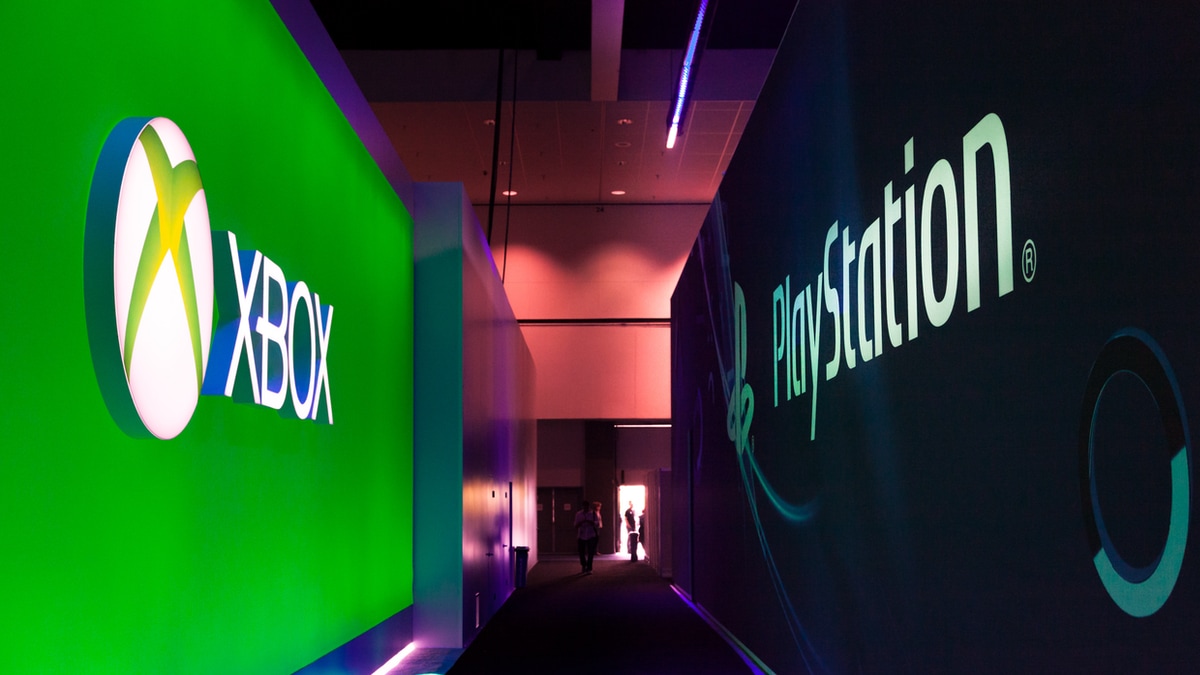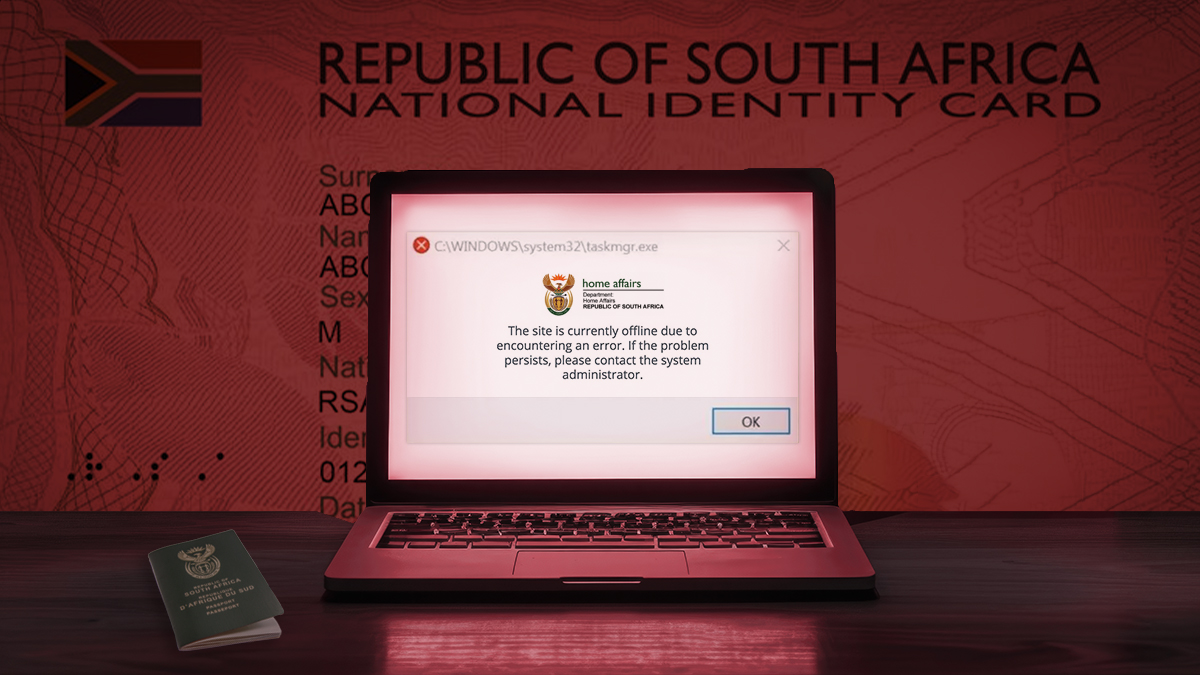PlayStation and Xbox giving South African gamers the cold cloud shoulder

Despite having a significant presence in gaming in South Africa, Sony and Microsoft still don’t offer their cloud game streaming services locally.
With the growing expansion of Internet capacity in recent years, bandwidth-demanding cloud game streaming has gained traction.
According to estimates from Statista Market Insights, global cloud gaming revenues will record an annual growth rate of 24.71% up to 2029, reaching $25.30 billion (R501 billion).
Cloud gaming’s main selling point is that it allows people to play the latest graphically demanding titles without buying expensive dedicated gaming hardware.
The services can run on a wide range of devices with low-power graphics processing hardware — including phones, smart TVs, and TV boxes — as long as they have a decent Internet connection.
Sony announced its cloud gaming offering PlayStation Now in 2014. It was gradually rolled out — starting in the US and Canada before expanding to Europe and the United Kingdom in 2015.
The service initially used a single motherboard equivalent to eight PS3 consoles in a server rack to run games.
It was supported on numerous PlayStation and third-party devices at one point — including PCs and Samsung TVs.
The standalone subscription was shut down with the PlayStation Plus revamp in mid-2022.
However, PlayStation Now was integrated into the top-end PS Plus Premium tier, in countries where the cloud service was supported.
On this plan, users can stream hundreds of games from the PS Plus catalogue to their PC or smartphone using the PlayStation Remote Play app, even when they are not connected to their home product.
In PlayStation cloudless countries like South Africa, the Premium product has been replaced with a Deluxe subscription without the ability to stream over the cloud.
Users can only stream games from their console to another device while connected to the same network as their PlayStation.
Microsoft launched its cloud gaming service xCloud in 2020, initially supporting streaming through its Xbox consoles and PCs.
The service was later integrated into its top-end Game Pass Ultimate subscription, which also offers access to a catalogue of hundreds of games for a monthly fee instead.
In supported countries, Game Pass Ultimate subscribers can stream games in the catalogue through smartphones, tablets, smart TVs, smart monitors, and VR headsets, among other devices.
As is the case with PS Plus Premium, Game Pass Ultimate in South Africa lacks cloud gaming support.
Sceptics could argue that South Africa’s minute contribution to the global gaming market justifies the country being at the lower end of these companies’ priority lists.
After all, running a cloud game streaming service requires deploying expensive specialised servers as close to as many potential players in a country as possible.

A missed opportunity?
However, South African gamers’ affordability profiles and the performance of the only cloud gaming service officially available locally suggests that Microsoft and Sony could be leaving money on the table.
Cloud gaming makes it more affordable for people without deep pockets and powerful hardware to play the latest games. A large part of South Africa’s gaming market likely falls in this category.
A recent report by Newzoo estimated that there were about 26.5 million gamers in South Africa in 2023.
Only about 15% — or 3.98 million — gamed on a console or PC, while the outstanding players were mobile gamers.
Affordability is likely a major contributor to this proportion.
While a dedicated gaming console or PC is out of financial reach for most South Africans, the smartphone has become an essential tool for millions.
With mobile data becoming cheaper in recent years, making downloads and online play more affordable, phone-based gaming has surged in popularity.
Newzoo expects the South African gaming market to grow to 30.2 million players by 2026, a relatively modest increase of 14% over three years.
However, local spending on games and in-game content is expected to increase by 25%, from $266 million (R5.25 billion) to $333 (R6.58 billion) million.
Another indication of the potential of cloud game streaming services in South Africa is the local performance of Nvidia GeForce Now.
The service has been in huge demand locally since it launched through Rain in December 2023, with both its R200 and R400 subscriptions have been sold out for nearly a year and a half.
Many MyBroadband forum members and readers have complained about the shortage of open slots on the service.
Despite many signing up to Rain’s waitlist to be notified when a slot opens up, MyBroadband could not find any examples of new users being let into the service in the past year.
Several frustrated users have appealed to other Internet service providers (ISPs) — including Afrihost — to also partner with Nvidia to support the service in South Africa.
MyBroadband contacted Microsoft and Sony to learn whether they planned to launch their cloud gaming services in the country, but neither provided feedback by publication.
































